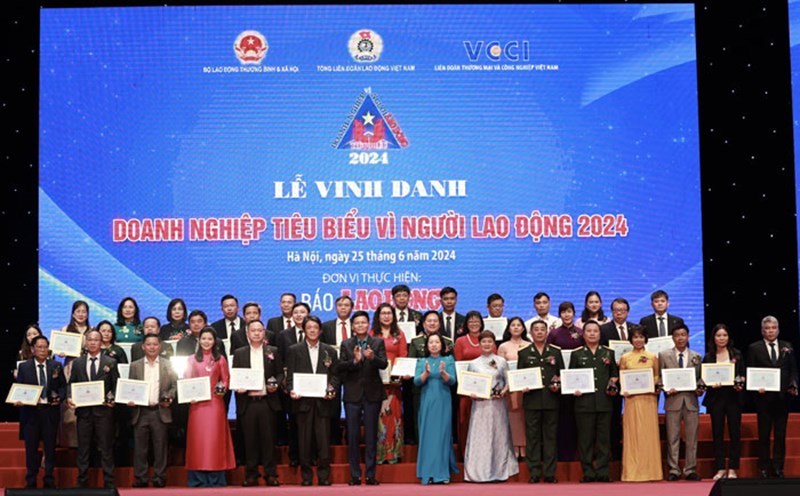From October 1, 2025, unmarried women will be allowed to perform assisted reproductive techniques, including in vitro fertilization, if they wish - according to the new regulations in Decree 207/2025/ND-CP issued by the Government on July 15, 2025.
According to Article 3 of this Decree, the application of assisted reproductive and surrogacy techniques for humanitarian purposes is carried out according to a number of specific principles. Notably, assisted reproductive technology will be applied not only to couples who are infertile or have medical conditions, but also to single women in need.
The Decree clearly stipulates that assisted reproductive techniques only apply to couples who are infertile, have medical conditions or women who are not legally married but want to have children.
sperm donation, embryos must be done at facilities licensed for storage, and can only be used for one person or a couple. The donation - receive process takes place on the principle of anonymousness to ensure privacy.
Decree 207 also clarifies many strict conditions for performing surrogacy. Specifically:
Medical facilities allowed to perform the test subject must have at least 2 years of experience in in vitro fertilization techniques and at least 500 fertilization cycles per year in the last 2 years.
There must be a consulting team including obstetricians, psychologists and bachelor's degrees in law or doctors with legal - psychological certificates, whether internal or cooperative personnel.
The Minister of Health, the Minister of National Defense, and the Minister of Public Security decide to allow medical examination and treatment facilities under their management to perform surrogacy techniques for humanitarian purposes.
Compared to the current regulations in Clause 3, Article 3 of Decree 10/2015/ND-CP - which requires single women to have a prescription from a specialist to perform in vitro fertilization - the new regulation has been significantly relaxed, as long as women have the desire to be eligible to perform assisted reproductive techniques.
Currently, some popular methods of assisted reproduction include: pumping sperm into the uterine cavity (IUI), in vitro fertilization (IVF), injecting sperm into the collapsed soybean (ICSI), supporting emulsion ( human Emulsion ( human Emulsion), maturing young eggs (IVM) ...
Expanding the scope of access to assisted reproductive techniques is considered a major step forward in ensuring reproductive rights and maternal autonomy of women, in line with modern social trends and diversifying personal choices.









